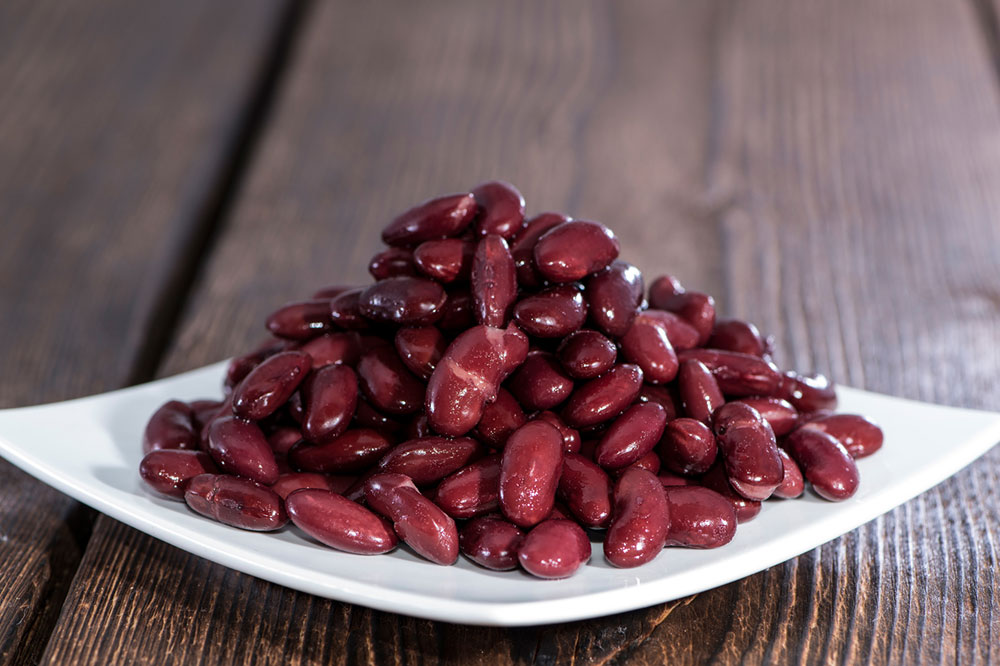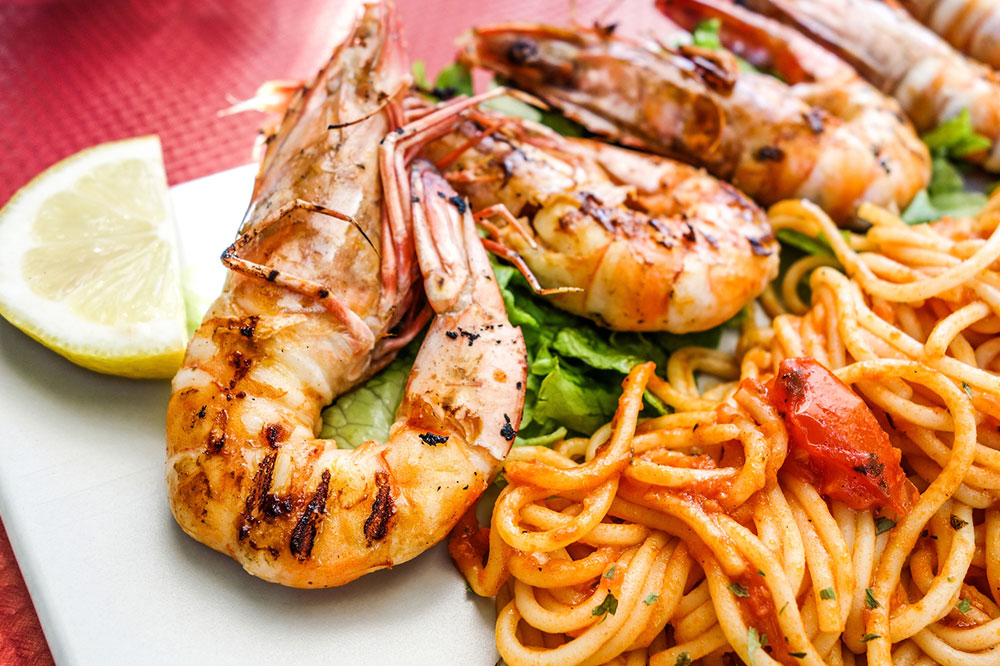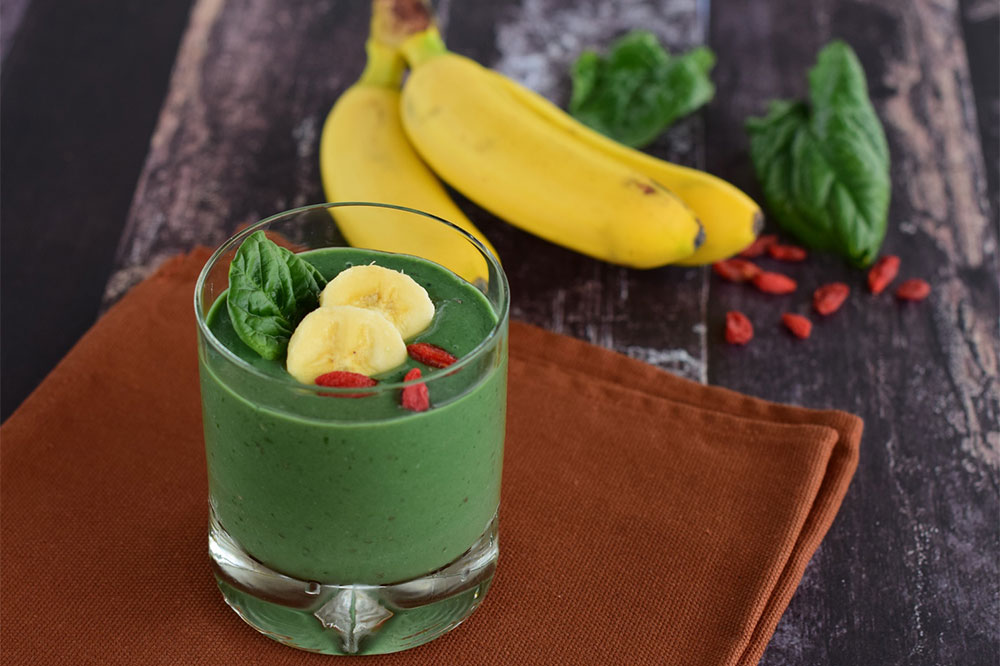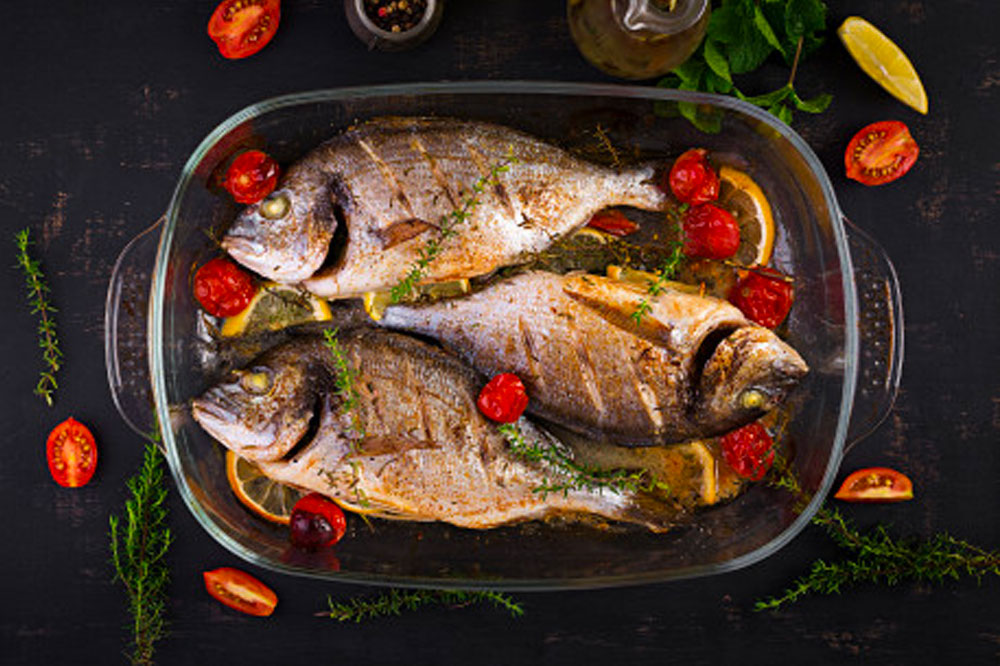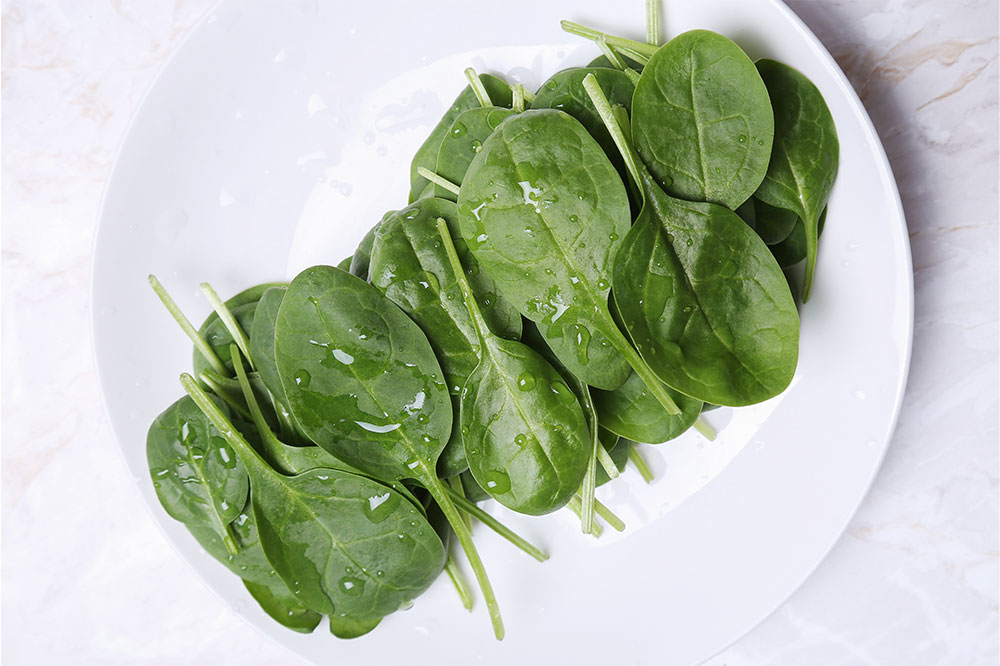Comprehensive Guide to Nutritional Strategies for Managing Anemia
This comprehensive guide explores effective nutritional strategies for managing anemia, emphasizing nutrient-dense foods like leafy greens, organ meats, seafood, and legumes. It highlights the importance of a balanced diet, proper sourcing, and medical consultation to boost red blood cell production, alleviate symptoms, and improve overall health. Incorporating these foods into your daily routine can significantly support recovery from anemia and promote long-term well-being.
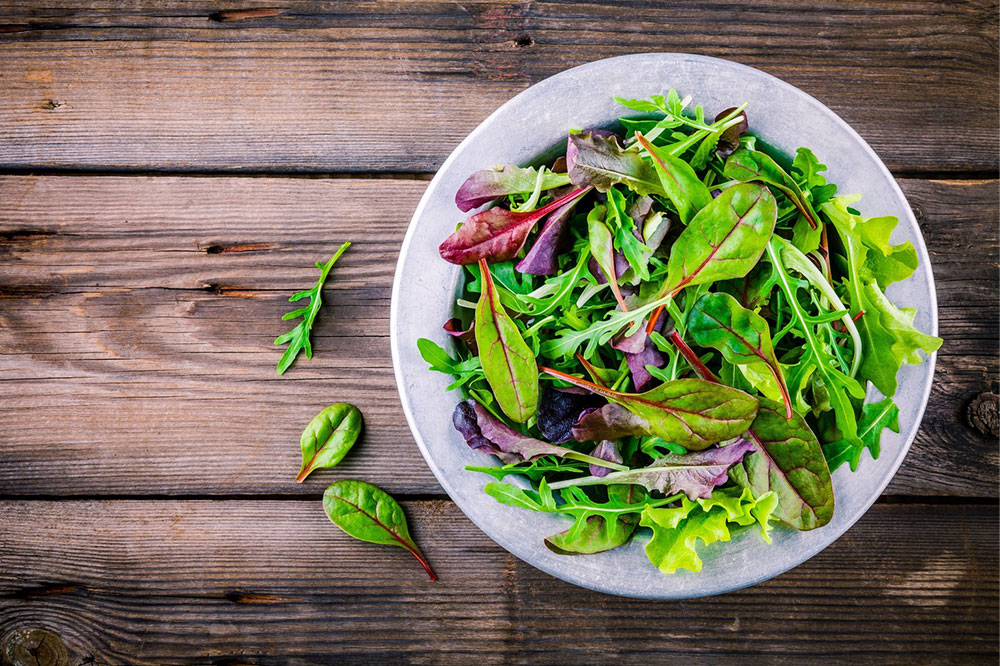
Comprehensive Guide to Nutritional Strategies for Managing Anemia
Anemia is a common blood disorder characterized by a deficiency in healthy red blood cells (RBCs), which are essential for transporting oxygen from the lungs to tissues throughout the body. This condition can manifest in various forms, primarily due to inadequate production of RBCs, excessive destruction of these cells, or significant blood loss. Addressing anemia effectively often involves a combination of lifestyle modifications, dietary improvements, and sometimes medical treatments. Central to dietary management is consuming nutrient-rich foods that support the production and maintenance of healthy RBCs, thereby improving oxygen delivery and overall health.
Key Foods to Combat Anemia
1. Dark Leafy Greens and Vegetables
Dark leafy greens such as spinach, kale, collard greens, Swiss chard, and dandelion greens are among the most potent plant-based sources of non-heme iron, which is crucial for synthesizing hemoglobin in red blood cells. These vegetables are also rich in folate (vitamin B9), a vital nutrient that supports RBC production and helps prevent certain types of anemia, such as folate deficiency anemia. Regular consumption of these greens can significantly contribute to increasing iron stores and supporting the body's hematopoietic functions.
2. Organ Meats
Organ meats, notably liver, heart, kidneys, and beef tongue, are exceptionally rich in heme iron, the form of iron that is most easily absorbed by the human body. Incorporating these meats into your diet can considerably boost iron levels, especially in cases of severe anemia. When consuming organ meats, it is vital to source them from reputable suppliers and ensure they are prepared hygienically to prevent any foodborne illnesses.
3. Seafood and Marine Products
Seafood such as tuna, mackerel, pompano, salmon, and mahi-mahi are excellent sources of high-quality heme iron, which supports effective iron absorption. Additionally, shellfish like oysters, clams, crabs, shrimps, and scallops provide substantial amounts of iron and other vital nutrients like zinc and vitamin B12. These foods not only help increase iron intake but also supply essential omega-3 fatty acids that promote overall cardiovascular health.
4. Blackstrap Molasses
Blackstrap molasses is a natural sweetener that offers a concentrated source of vital nutrients, including vitamin B6, magnesium, selenium, and calcium. These nutrients play supportive roles in reducing anemia symptoms, improving energy levels, and enhancing red blood cell production. Incorporating a tablespoon of blackstrap molasses into your diet can be an effective way to boost your nutrient intake, especially for vegetarians and vegans.
5. Legumes and Pulses
Legumes such as beans, chickpeas, lentils, peas, and soybeans are plant-based powerhouses loaded with iron and protein. They serve as excellent dietary options for vegetarians and those seeking to increase their iron intake without consuming animal products. These foods are versatile, easy to store, and highly nutritious, making them staples in a balanced diet aimed at combating anemia.
6. Meat and Poultry
Lamb, beef, chicken, and other poultry products are rich in heme iron, which is efficiently absorbed by the body. Pairing these foods with vitamin C-rich items like citrus fruits, peppers, and tomatoes can significantly enhance iron absorption. For individuals with severe anemia or underlying health conditions, medical interventions such as medications or blood transfusions may be necessary. In particular, in cases like hemophilia A, where blood loss is a significant concern, doctors may recommend treatments like AFSTYLA® to help manage bleeding episodes and maintain blood volume.
In addition to diet, lifestyle factors such as avoiding excessive caffeine, alcohol, and ensuring adequate rest are important. Regular blood tests can help monitor progress and guide nutritional adjustments. Consulting healthcare professionals is essential to determine individual needs and appropriate treatment plans for anemia management.
The integrated approach of dietary management combined with medical advice can help individuals effectively combat anemia, restore healthy blood cell levels, and enhance overall well-being, ensuring they lead healthier, more energetic lives.